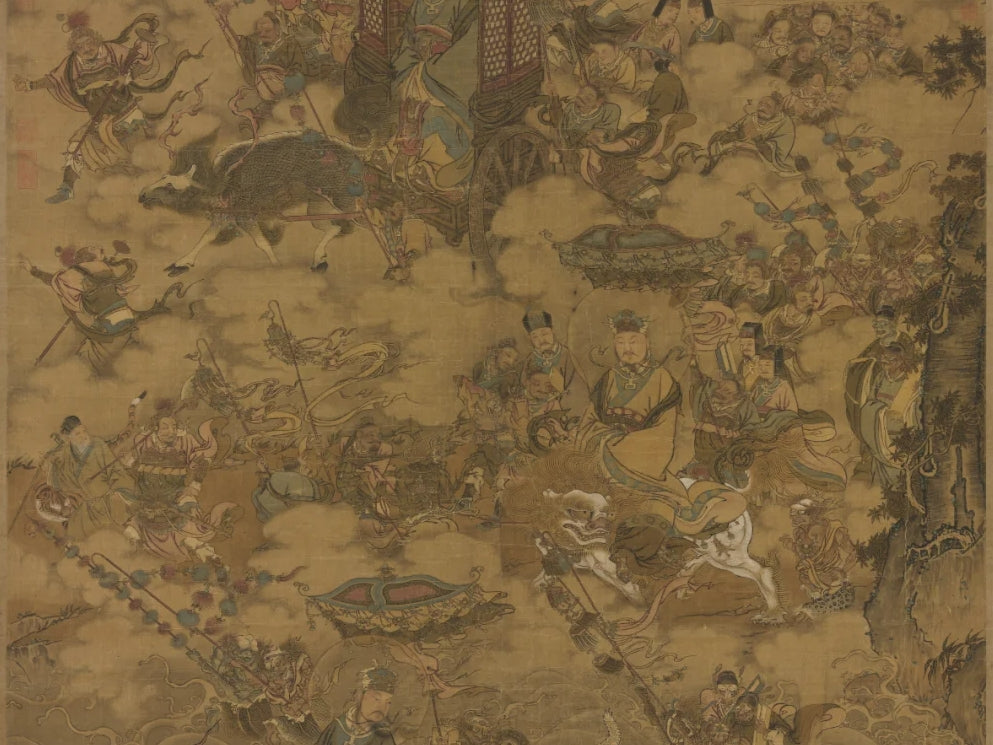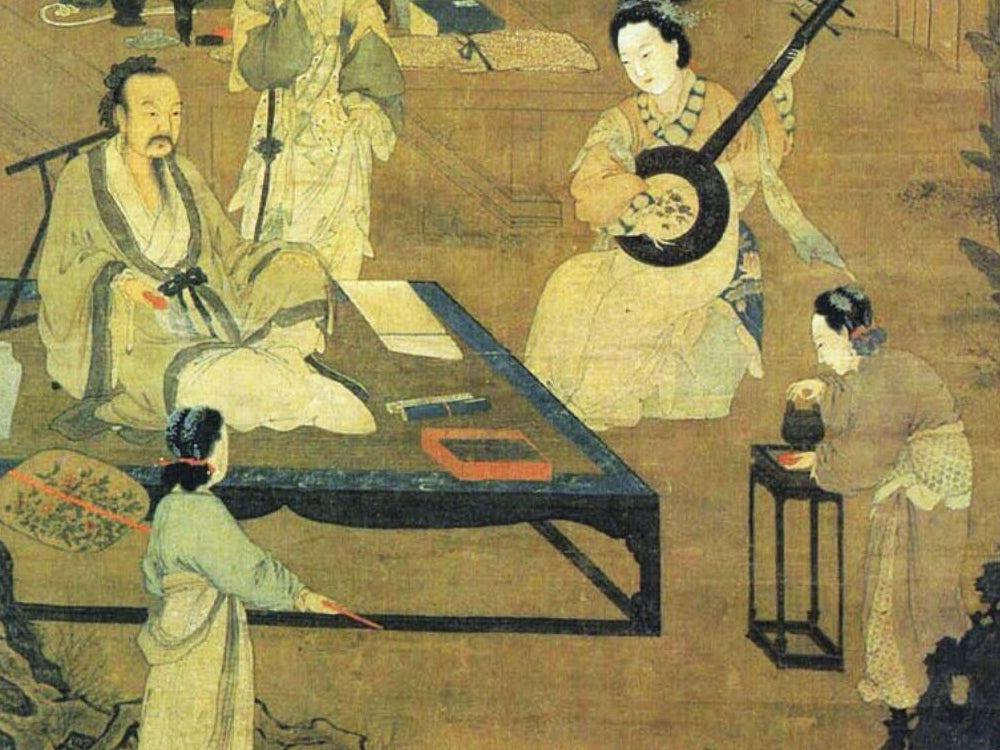What is a Ga Wu Box?
"Ga Wu" is a Tibetan term referring to a protective amulet box. Inside these boxes, you will typically find small statues of deities, relics, sacred pills, or scrolls with blessings or mantras. Ga Wu boxes, much like Thangka wall hangings, are used in both Tibetan and Chinese Buddhism as protective items believed to reduce negative karma and enhance spiritual practice. These boxes are worn as pendants around the neck or across the chest, making them both functional and decorative.
Handcrafted with a blend of traditional and modern techniques, Ga Wu boxes are visually stunning and rich in cultural significance. The front often features sacred images, while the back typically bears a Vajra stamp symbolizing indestructible strength and wisdom. Available in various materials such as gold, silver, brass, and stainless steel, and in different shapes and sizes, Ga Wu boxes are comfortable and easy to wear daily. They are cherished for their protective qualities and their aesthetic appeal, often worn when venturing out for protection and spiritual connection.
The Origin and Significance of Ga Wu Boxes
The Ga Wu box, also known as "little box" or "sacred box," holds a significant place in Tibetan culture. Historically, these boxes served as portable shrines or protective amulets. In 1757, the Nyingma master Jigme Lingpa received a Ga Wu box as a gift from a dakini, marking an important moment in the cultural history of these sacred items. Ga Wu boxes symbolize a blend of spiritual and cultural heritage, reflecting their evolution from early protective amulets to symbols of status and religious devotion.
Wearing a Ga Wu Box
Wearing a Ga Wu box is both a spiritual practice and a cultural tradition. Tibetan Buddhists believe that carrying a small statue of a deity close to the body invites the deity's protection and blessings. This practice also serves as a reminder to uphold virtuous actions and remain diligent in one’s spiritual practices.
It is important to wear the Ga Wu box with respect, ensuring it does not come into direct contact with the skin and removing it during inappropriate times, such as bathing or entering unclean places. Over time, if a Ga Wu box becomes damaged, it is seen as having absorbed negative energies, thus protecting the wearer. In such cases, the box should be properly disposed of, ideally by wrapping it in red cloth and taking it to a temple or burying it under a tree.
Deities Represented in Ga Wu Boxes
Each deity in a Ga Wu box holds unique significance:
- Amitabha Buddha: Represents infinite light, wisdom, and compassion, guiding souls to the Pure Land.
- Acala (Fudo Myo-o): A protector deity symbolizing unwavering courage and determination.
- Vairocana: The source of all light and wisdom, embodying the fundamental nature of the cosmos.
- Mahasthamaprapta: Illuminates with wisdom, helping beings break free from the cycle of reincarnation.
- Samantabhadra: Symbolizes great vows and endless virtue, inspiring practitioners to benefit all beings.
- Four-Armed Avalokiteshvara: Represents boundless compassion, offering swift assistance to those in need.
- Manjushri: The embodiment of wisdom, holding a sword to cut through ignorance.
- Akasagarbha: Bestows wisdom and prosperity, ideal for those seeking success in studies and career.
- Yellow Jambhala: A deity of wealth, helping to eliminate poverty and bring prosperity.
- Green Tara: A manifestation of Avalokiteshvara, known for her swift action in relieving suffering.
- Medicine Buddha: Heals physical and mental ailments, promoting health and longevity.
- Fox Deity: Represents spiritual wisdom and protection, reflecting local beliefs and practices.
- Zakiram(Zhaqi Lhamo扎基拉姆):Zhaqi Lhamo is a significant goddess in Tibetan Buddhism, revered as a protector deity and one of the most well-known female guardian deities in the tradition. She is considered an embodiment of the "Goddess of Auspiciousness" and is widely recognized as a symbol of good fortune and protection. According to legend, she has saved many lives and passed on the teachings of Buddhism to countless followers. As a result, Zhaqi Lhamo is also regarded as a symbol of wealth and happiness.
Ga Wu boxes are more than just decorative items, they are profound spiritual tools that carry deep cultural and religious significance. Wearing one can be a meaningful way to connect with the rich traditions of Tibetan Buddhism.



